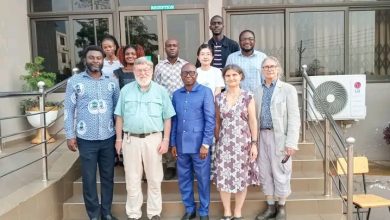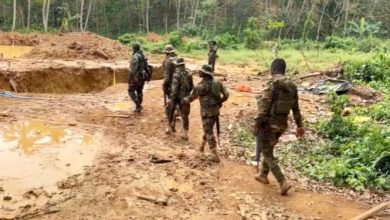Apply environmentally sound nature-based solutions in the forecasting of programmes – Dapaah
By Emma Akomea

The Minister of Sanitation and Water Resources, Ms Cecilia Abena Dapaah, has called on stakeholders in the management of the Volta River Basin to adopt innovative, ecologically sound nature-based solutions in the planning of projects as well as programmes at local, national and trans-boundary levels, particularly in the situation of recurrence of floods and droughts.
This was said at a three-day meeting, held in Accra on the theme: “Integrating flood and drought management and early warning for climate change adaptation in the Volta Basin”, which is expected to build the capacity of participants to develop flourishing projects to enable the addition of flood, drought and early climate change warning adaptation in the management of the basin.
According to her, it is reassuring that the workshop has come at an opportune time to build the capacity of stakeholders in nature-based solutions, with the view to developing thriving projects in the country and the entire basin.
The event brought stakeholders in the management of the Volta River Basin from six trans-boundary countries to Accra to discover best answers to flood, drought and climate change early warning adaptation.
The basin is one of the largest river systems in Africa, which covers an area of approximately 400,000 kilometres square and ranges over six riparian West African countries – Ghana, Burkina Faso, Mali, Cote d’Ivoire, Togo and Benin.
The meeting is mutually organised by the Ministry of Sanitation and Water Resources, the Volta Basin Authority and the Water Resources Commission (WRC), in collaboration with other development partners.
The Executive Secretary of the WRC, Ben Ampomah, hinted the use of natural processes to expand the management of water would go a long way to add to resolving the challenges in the sector.
“Nature-based solutions work with nature and provide essential means for us to move beyond business- as-usual to improve water resource management. But we need knowledge and capacity at all levels,” he said.
His further comments indicated how relevant it had become for countries sharing the basin to take stock of their socio-economic practices with respect to their water bodies and the vital role they played in their economies.
He urged all to take pragmatic actions and be more responsible towards the use, protection and conservation of the water and other natural resources available.





